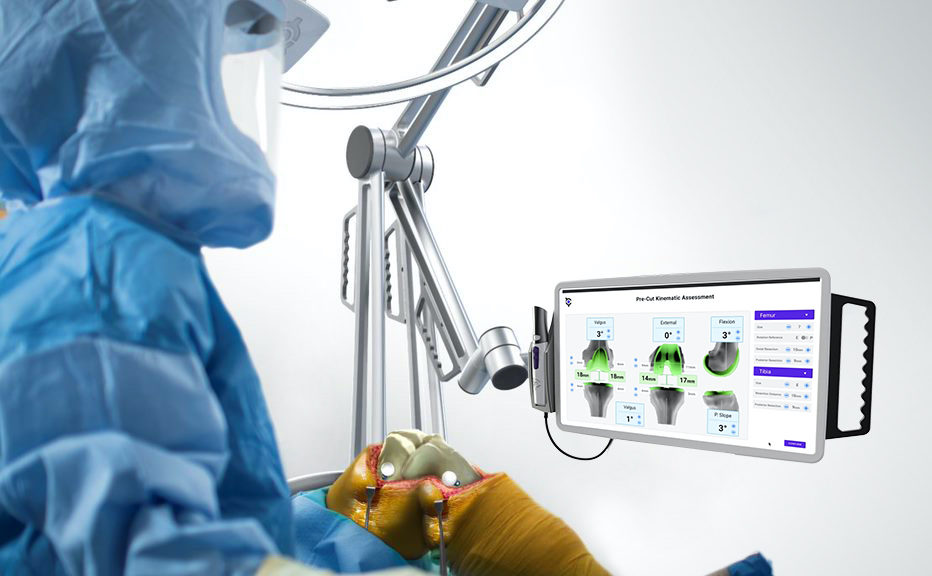
Caira will change the paradigm of navigation and robotics in arthroplasty and improve patient outcomes.
NEW YORK (PRWEB)
May 14, 2021
Caira Surgical has been awarded a National Science Foundation (NSF) Small Business Technology Transfer (STTR) grant for $256,000 to conduct research and development (R&D) work on a Novel Radar-Based Tracking System for Navigation and Robotics in Orthopedic Surgery.
Caira is enhancing the accessibility, usability, and safety of advanced surgical navigation and robotics for joint replacement. The company’s first product is a navigation system for knee replacement. It employs novel fast anatomic landmark registration to shorten procedure time and proprietary Caira Radar Tracking to overcome line-of-sight interference inherent with existing technologies. Caira’s technology eliminates invasive surgical instruments and significantly reduces the cost and complexity of utilizing advanced technology in joint replacement surgery.
“NSF is proud to support the technology of the future by thinking beyond incremental developments and funding the most creative, impactful ideas across all markets and areas of science and engineering,” said Andrea Belz, Division Director of the Division of Industrial Innovation and Partnerships at NSF. “With the support of our research funds, any deep technology startup or small business can guide basic science into meaningful solutions that address tremendous needs.”
Caira CEO and Co-Founder Jon Greenwald stated, “We are extremely pleased to receive this NSF grant. The funding supports our technology innovation and, equally important, validates that Caira is effectively leveraging science and engineering to address an unmet need in healthcare and build a dynamic new company. Our team is thrilled and motivated by the support and vote of confidence from the NSF.”
Once a small business is awarded a Phase I SBIR/STTR grant (up to $256,000), it becomes eligible to apply for a Phase II (up to $1,000,000). Small businesses with Phase II funding are eligible to receive up to $500,000 in additional matching funds with qualifying third-party investment or sales.
“This is an exciting benchmark for Caira,” said Dr. Morteza Meftah, Caira Co-Founder and an orthopedic surgeon at New York University Langone Orthopedic Hospital. “This grant further validates our innovative technology. I believe Caira will change the paradigm of navigation and robotics in arthroplasty and improve patient outcomes.”
Startups or entrepreneurs who submit a three-page Project Pitch learn within one month if they meet the program’s objectives to support innovative technologies that show promise of commercial and/or societal impact and involve a level of technical risk. Small businesses with innovative science and technology solutions, and commercial potential are encouraged to apply. All proposals submitted to the NSF SBIR/STTR program, also known as America’s Seed Fund powered by NSF, undergo a rigorous merit-based review process. To learn more please visit: https://seedfund.nsf.gov/
About the National Science Foundation’s Small Business Programs: America’s Seed Fund powered by NSF awards $200 million annually to startups and small businesses, transforming scientific discovery into products and services with commercial and societal impact. Startups can receive up to $2 million to support research and development, helping de-risk technology for commercial success.
About Caira: Caira Surgical is an early-stage MedTech company innovating next-generation technologies for navigated and robotic orthopedic surgery. For more information, please visit http://www.cairasurgical.com.
Share article on social media or email:

